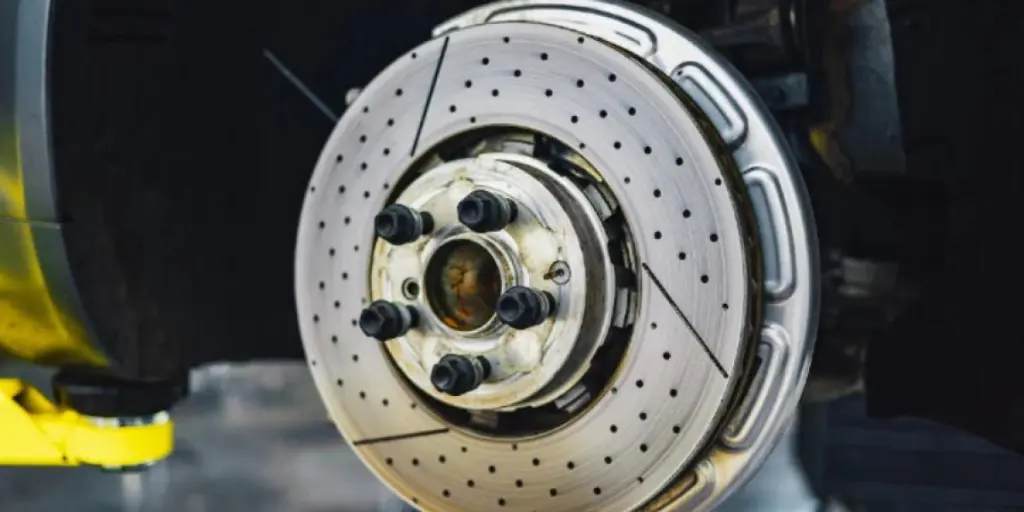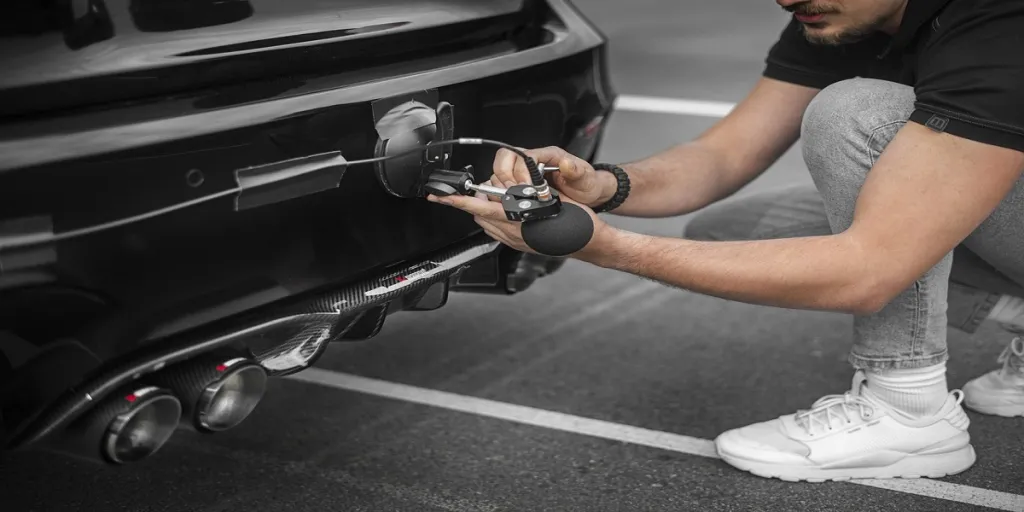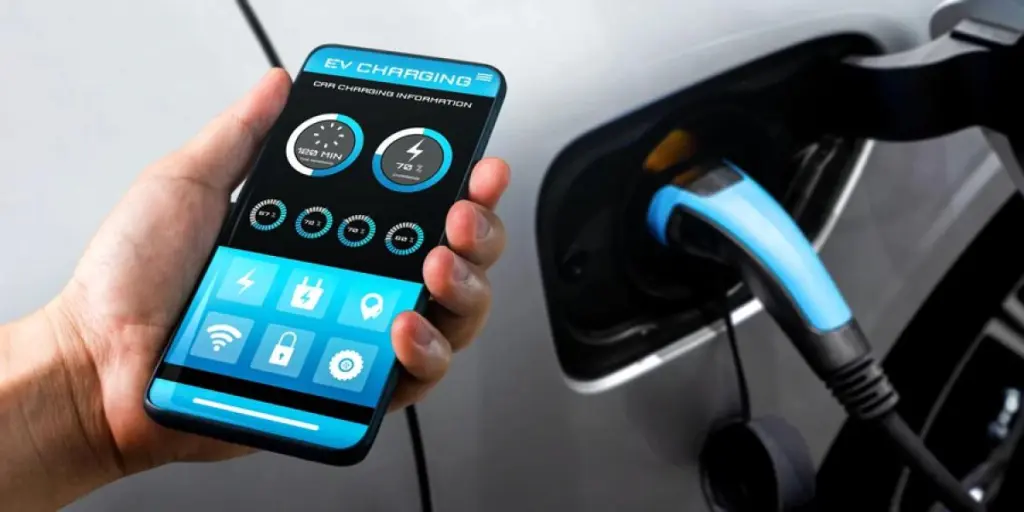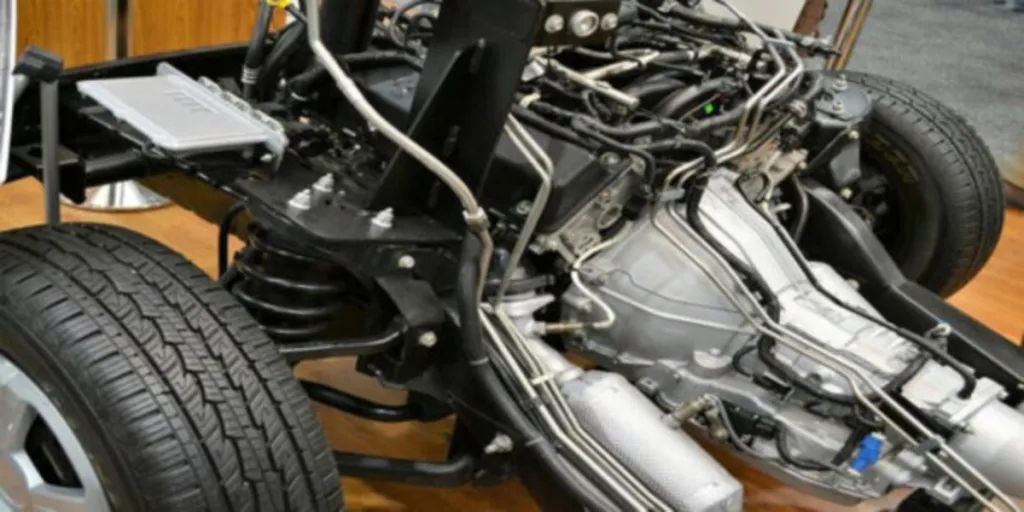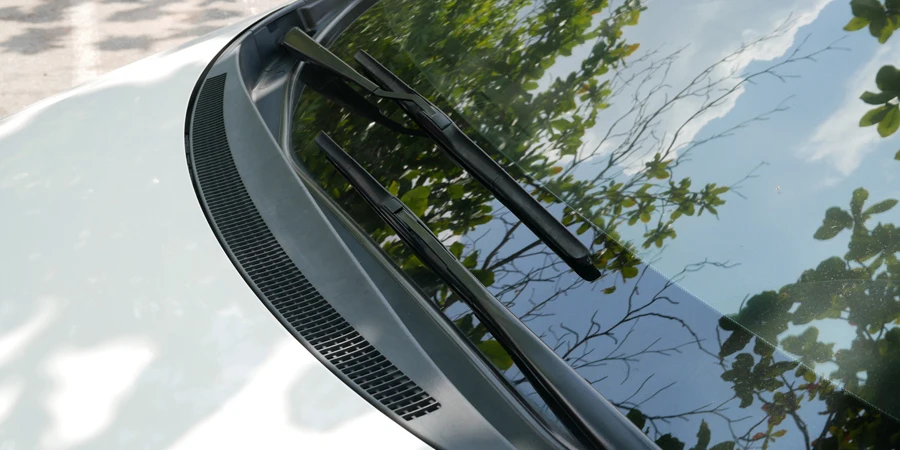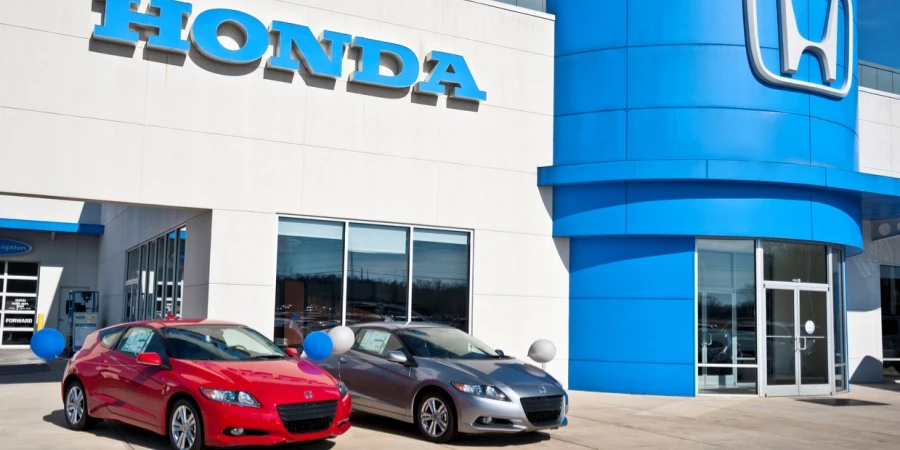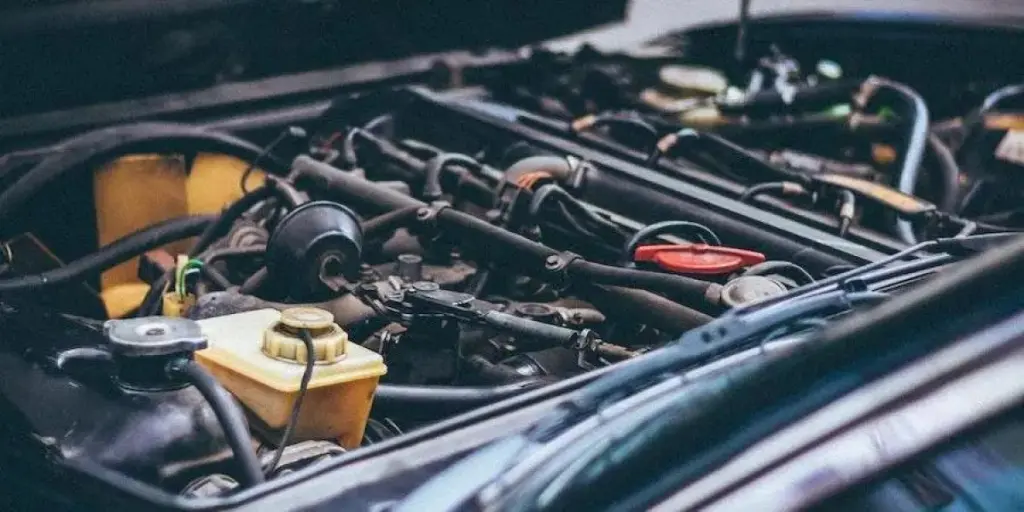Car brakes are an essential part of any vehicle. And they can go hundreds, if not thousands of miles without running into problems. So this makes it easy for most car owners to overlook them when going through their routine maintenance checklist.
However, to ensure driver safety, replacing worn out brakes is essential. And that’s why it’s critical to know the common signs that your car needs new brakes.
This article will offer 5 warning signs to look (and listen) for to know when it’s time to get your brakes inspected.
Table of Contents
What are brakes, and how do they work?
5 common warning signs that your car needs new brakes
Conclusion
What are brakes, and how do they work?
Before we discuss when to know it’s time for new brakes, you should first understand what brakes are. Most modern cars use the disc brake system. This consists of a caliper, rotor, pads, and a hydraulic system to control them.
If a driver steps on the brake, the hydraulic system pushes the caliper to clamp down on the disc. And this puts the pad and the disc in contact with one another. The friction created by this collision slows the car down by converting kinetic into heat energy.
After prolonged usage both the pads and rotors go through wear and tear. And this may affect the performance of the vehicle and subsequently create problematic situations.
5 common warnings signs that your car needs new brakes
Squealing or squeaking noises
If you hear a high-pitch squeal or squeak when you step on the brake, you can relax as this is not as bad as most people assume. In fact, this is a feature of most brake pads.
The built-in wear indicators on brake pads are designed to make squealing or squeaking noises when they wear down to a certain level. This notifies the car owner that the brake pads are almost at the end of their lifespan, serving as a clear indicator that maintenance or replacement is necessary soon.
Grinding or growling noises
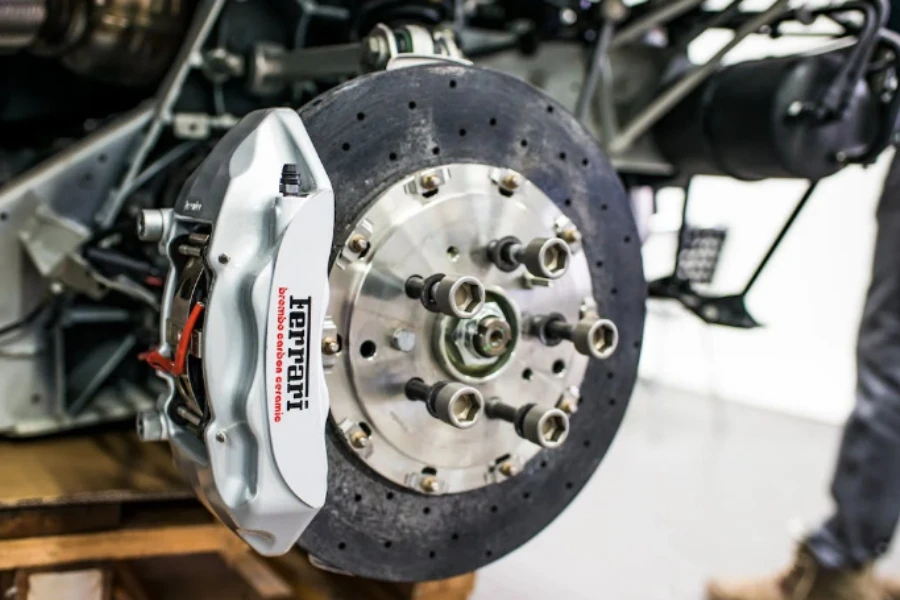
Without replacing the brakes after the squealing or squeaking, they may start growling or grinding, with a sound like rough metals scraping togethers. In reality, that is exactly what is happening.
If this continues without replacing the pads, they will wear out completely. And the metallic caliper will begin to scratch against the rotor disc.
If a car brake begins to grind and growl, it’s a sign that a service is urgently needed. But if allowed to continue for long, the caliper will gouge and cut the disc. And this will compromise the ability of the brake to function and run. At this point, the rotors should be refinished or turned and possibly replaced when changing the pads.
Taking longer to stop
As a car’s brakes begin to wear, nasty sounds won’t be the only sign you may encounter. The car’s ability to brake or the brake’s responsiveness will reduce as well.
If a vehicle can’t stop within the same distance as it can during peak performance, it’s a common sign it needs to be replaced. At this point, a driver may have to step on the brakes sooner than he would normally. The driver may even have to press the brake harder or longer before the vehicle can stop.
It is a gradual process and will happen naturally, as the surfaces begin to wear and their capacity to generate friction reduces. But if a driver notices a sudden inability to stop or the brake pedal seems to fall to the floor before anything happens – it may be an issue with the hydraulic lines or a drop in brake fluid pressure.
Regardless of the cause of a drop in a vehicle’s brake performance, it is essential to have an expert inspect the vehicle and determine the cause.
Turning brake indicator light on/off
Most recent car brake pads have built-in sensors in the brake pad material. So if a brake pad that’s 12 mm thick when new wears to approximately 3 mm, the metal sensor will become exposed, and contact will occur with the disc.
The metal-on-metal contact will result in squealing and may trigger the electronic sensor to showcase a warning light. This is another sign that it’s time for inspection.
Pulling to one side
Pulling is another common sign that it’s time for brake maintenance or possibly even for new brakes. In this situation the front end of a vehicle tends to pull to one side or another when you attempt to stop.
This means that the pads on both sides of the vehicle are wearing at a different rate for one reason or another. Sometimes the brakes wear down unevenly because of little differences in the pads, but it could also mean there is a bigger problem with how the brakes work.
Irrespective of the source of the problem, it should be examined without delay. This not only makes it more challenging to control a vehicle safely, but it can also negatively impact other components, such as the steering and suspension systems.
But don’t forget that pulling doesn’t always mean a vehicle’s pad is wearing unevenly. Sometimes, it has nothing to do with the brakes. Suspension issues, underinflated tires, and poor wheel alignment can cause this problem too. So remember to inspect them often as well.
Conclusion
Car brakes, one of the essential parts of a vehicle, need proper maintenance for optimum performance. When overlooked, as is often the case, some common signs may indicate its time for an inspection before they eventually start malfunctioning.
So it is recommended that every car owner pays close attention to the 5 warning signs revealed in this article, so that they’ll know well in advance that it’s almost time for new brakes.
